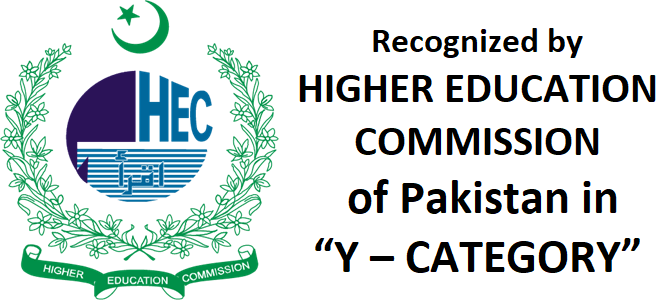Myths and Misconceptions Related to Covid-19 Vaccination amongst General Public of Islamabad and Rawalpindi
Myths and Misconceptions Related to Covid-19 Vaccination
Keywords:
COVID-19 vaccines, Pakistan, SARS-CoV-2, Vaccine Hesitancy, Vaccine MythsAbstract
ABSTRACT
Objectives:
1. To identify the myths and misconceptions regarding COVID-19 vaccination among the general public of Islamabad and Rawalpindi
2. To determine awareness regarding COVID-19 vaccination among the general public of Islamabad and Rawalpindi
Design: A Descriptive Cross-Sectional Study.
Duration: The study was carried out in the medical colleges and hospitals of Islamabad and Rawalpindi. It was a study of 8 weeks conducted between August and September 2021.
Materials and Methods: The study used both personal interviews and an online questionnaire. Google form having twenty-nine questions; each providing multiple choices in relation to the socio-demographic profile, vaccine status, myths and safety regarding the COVID-19 vaccine of the participants. One hundred and fifty three participants were included in the study. Participants were 18 years of age and above, residents of Rawalpindi and Islamabad. Individuals having any psychiatric disorders and cognitive disabilities and pregnant women were excluded from study.
Results: Our study revealed that 71(27.1%) of the respondents had no myths related to the COVID-19 vaccine. While 25(9.5%) believed that, the vaccine had active viruses and 18(6.9%) believed that the vaccine causes clots and varicose veins. Another myth was that the COVID-19 vaccine causes autism in children 4(1.5%).
Conclusion: The study revealed that the public residing in Islamabad and Rawalpindi had only a few misconceptions about the COVID-19 vaccination. The educated people had adequate knowledge with respect to the efficacy, effectiveness, and safety of the COVID-19 vaccines.


